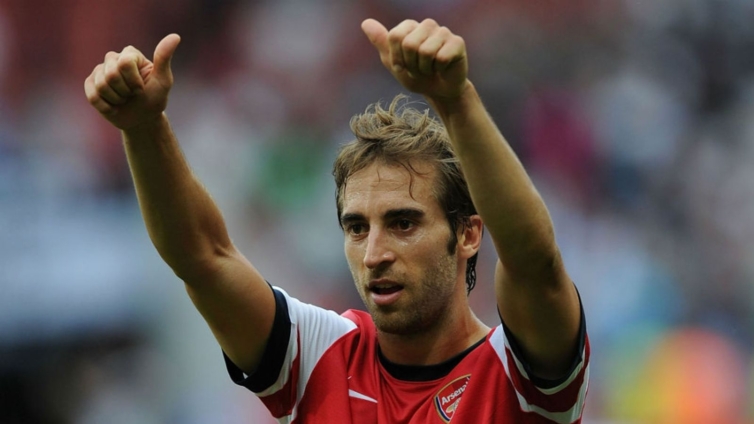The story of Ghana's high-earning athletes, such as footballers and boxers, is one of missed opportunities and unrealised potential. Over the past decades, these sports stars have earned collectively, by conservative estimates, over one billion dollars. Yet, the lack of a structured approach towards economic initiatives has seen the majority of these earnings evaporate, leaving many athletes in financial ruin post-retirement.
If Ghana had the foresight to establish an attractive framework for guiding these athletes toward sectors like mining, agriculture, or tourism, we could have witnessed the rise of domestically owned conglomerates, akin to the success of Newmont. Instead, these earnings often find their way into less sustainable investments like Trotro vehicles, makeshift nightclubs, and basic real estate, managed by family and friends with limited business acumen. Consequently, athletes like Mohammed Gargo and Ike Quartey, once wealthy, find themselves in not too comfortable circumstances within years of retirement.
This narrative, however, isn't set in stone. Global examples abound of athletes who have successfully transitioned into business, setting a precedent that Ghana can follow. The Neville Brothers in the UK, for instance, have demonstrated this with Gary Neville's ventures in property development and hospitality. As of 2023, he's reportedly worth $25 million, a testament to his business acumen.
Another shining example is Mathieu Flamini, the former Arsenal midfielder. Post-retirement, he co-founded GF Biochemicals, the only company producing levulinic acid on a commercial scale, an eco-friendly alternative to oil-based products. Forbes estimated Flamini's worth at over £10 billion in 2020, highlighting the vast potential of smart investments outside of sports.
Similarly, Marlon Harewood, a former West Ham United forward, has built a successful luxury car customisation business, AC13 Premier Lifestyle, catering to affluent footballers. Liverpool legend Robbie Fowler wisely invested in real estate early in his career, amassing a net worth of over £30 million. Ryan Bertrand, another footballer, founded a fintech firm, Silicon Markets, which he later sold for a substantial sum.
Perhaps the most famous example is David Beckham, whose post-football endeavours span endorsements, investments in tech start-ups, a production company, a grooming products line, and a stake in Major League Soccer team Inter Miami.
These global examples underscore the enormous potential for Ghana's athletes to leverage their earnings into sustainable, profitable ventures, securing their future and contributing significantly to the nation's prosperity. The key lies in providing them with the knowledge, opportunities, and support to invest in industries that promise long-term growth and stability.
Ghana has the opportunity to rewrite its narrative. By learning from global precedents and establishing structures to guide our athletes' investments, we can ensure their financial security and harness their earnings for national development. This strategic shift is essential not just for the athletes but for the economic fabric of Ghana.
Latest Stories
-
REGSEC warns encroachers along Tema-Sakumono Ramsar site as it races to prevent flooding
2 mins -
Kumasi International Airport to be commissioned ahead of time – Transport Ministry
9 mins -
Vomit your loot now or hold onto it and face the consequences – Asiedu Nketiah to Akufo-Addo, NPP
19 mins -
Democracy is going to reverse in West Africa if we don’t tackle economic hardships – Atuguba
1 hour -
Bawumia commissions 124 housing units for victims of Appiatse disaster
1 hour -
Stonebwoy’s The Livingstone Foundation surprises talented autistic boy with gifts
1 hour -
NPP should’ve referred Kingsley Nyarko’s bribery allegation to the police – Inusah Fuseini
1 hour -
Police pursue gunmen for killing 2 off-duty officers at Trasacco
2 hours -
Bayer Leverkusen beat Roma to win semifinal first leg
2 hours -
Aston Villa face tough task after 2-4 defeat to Olympiacos
2 hours -
NGO empowers women and girls with disabilities
2 hours -
Guinness World Records: Nigerian woman paints nails for three days
2 hours -
Season 2 of ‘I’m in Love with Boma Ye’ returns this May on Joy Prime
2 hours -
Akufo-Addo’s disrespect of chiefs won’t be tolerated – Haruna Iddrisu
3 hours -
Chalobah and Jackson score as Chelsea defeat Tottenham
3 hours

